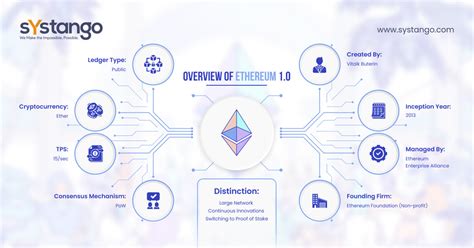Ethereum's Transaction Rate Bottleneck: Understand the Problem
. Another important problem with Ethereum is the bottleneck of the transaction rate. While Ethereum's current TPS is impressive, it still remains behind other blockchain networks in terms of scalability.
Why does Ethereum have a transaction rate? 
The main reason of Ethereum for a high transaction rate --is the review process that occurs after each block. Every time a new block is broken down, it must be checked by a network of Network (ETHN). This process requires considerable computing power and energy consumption.
Here you will find some important details about the Transaction Rate:
Proof-of-work : Ethereum uses a consensus salgorithm with proof-of work (Pow), in which miners have to have complex mathematical puzzles to validate transactions and create new blocks. This process.
Checking time : the review time for each block is about 10 minutes. During this time, several note that the transaction data. This leads to a significant delay in processing new transactions.
Transaction capacity : It is estimated that the network could theoretically process up to 30 tp if it could scale more efficiently.
Other Factors that contribute to the Bottleneck
While Pow Makes a significant contribution to the bottleneck of the Transaction Rate, other factors also play a role:
Gas costs :
Complexity of the Smart Contract :
.
How is Ethereum planning to be scaled?
Ethereum's Development Team has been working on scaling solutions for several years, including:
Sharing : Sharing includes the division of the network into smaller,
2.
.
The Network and capacity. Since the development of the network to be improved.
Bottleneck from the consensus is mainly due to the consensus salgorithm of proof of work that requires a significant computing computing power and energy consumption. While there are other factors,


